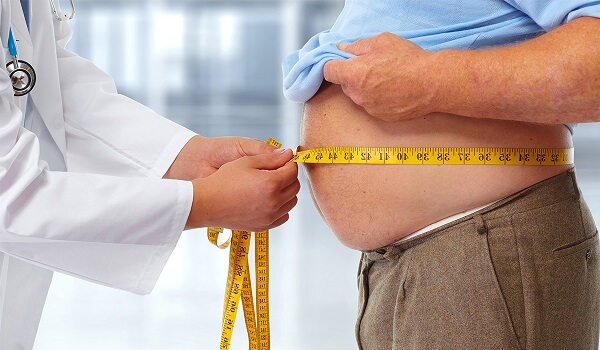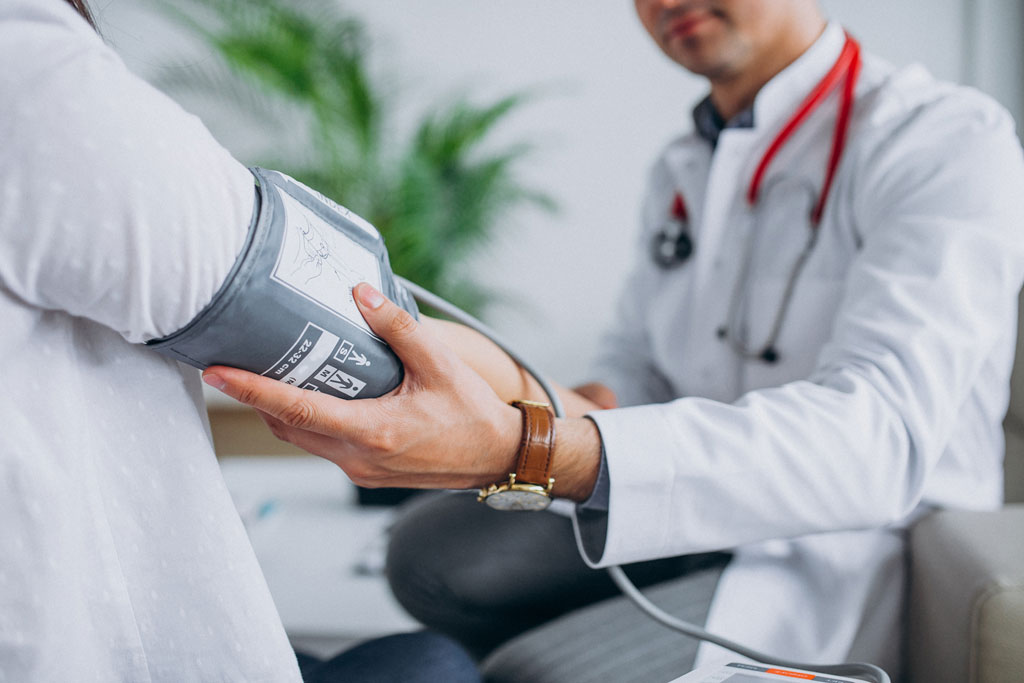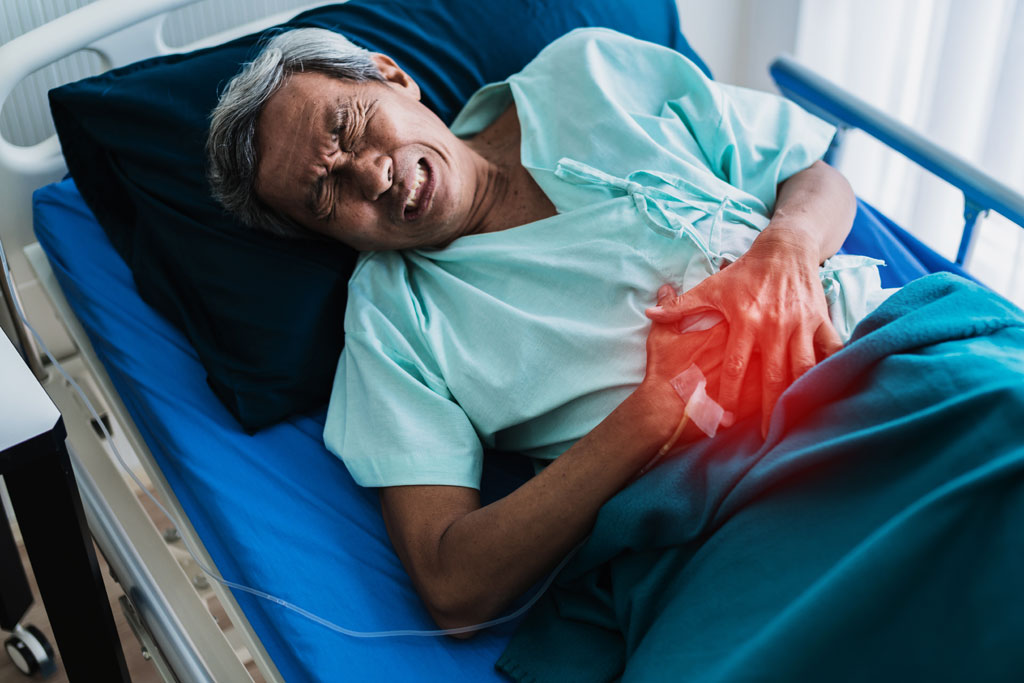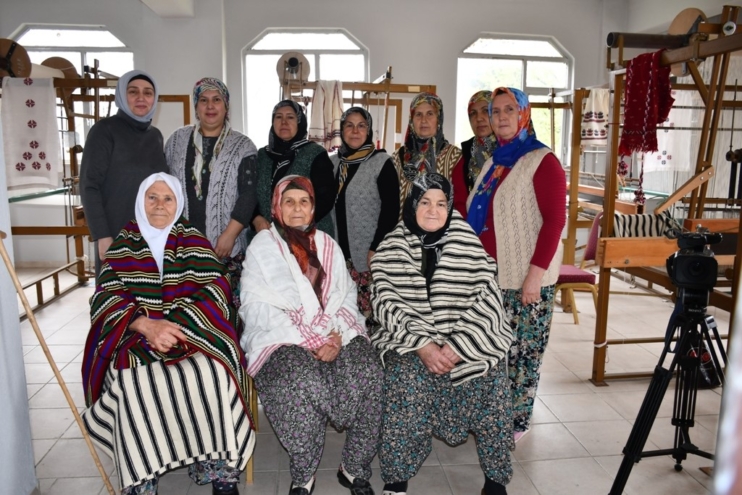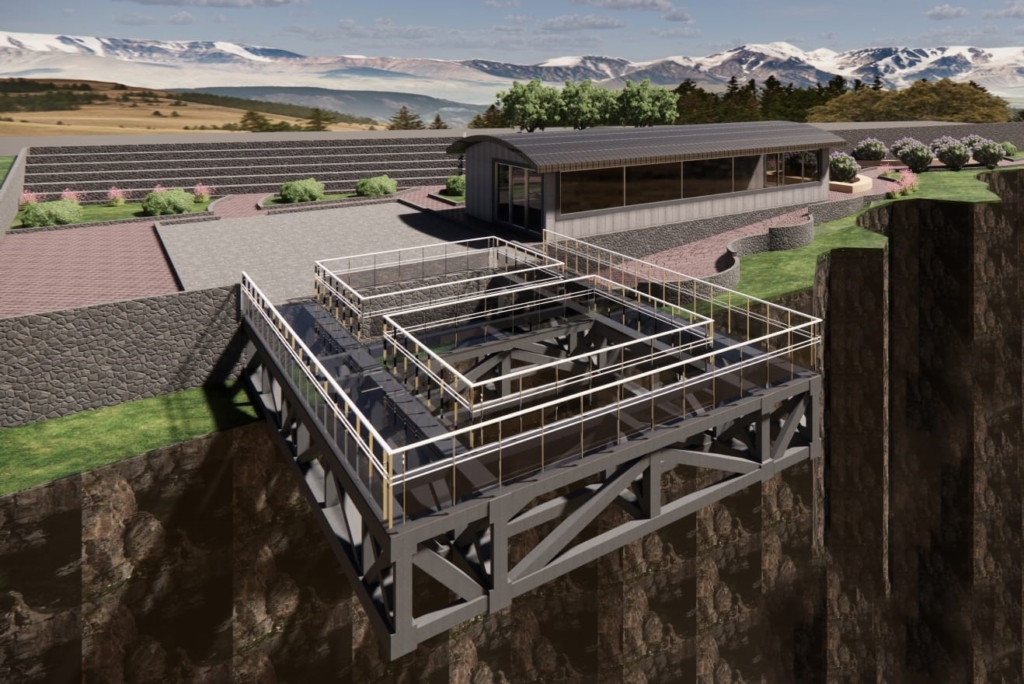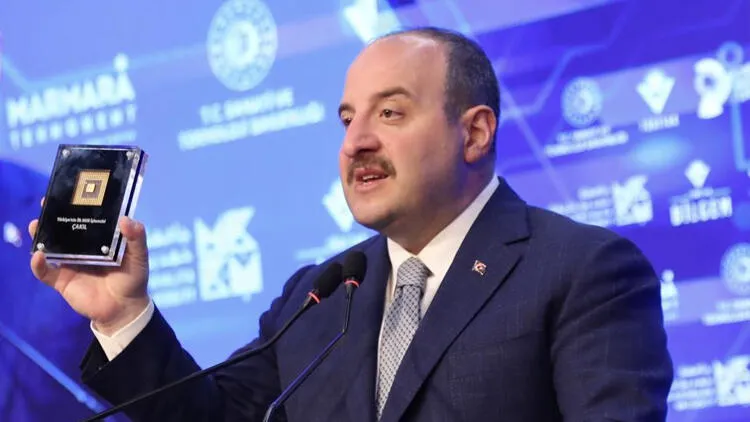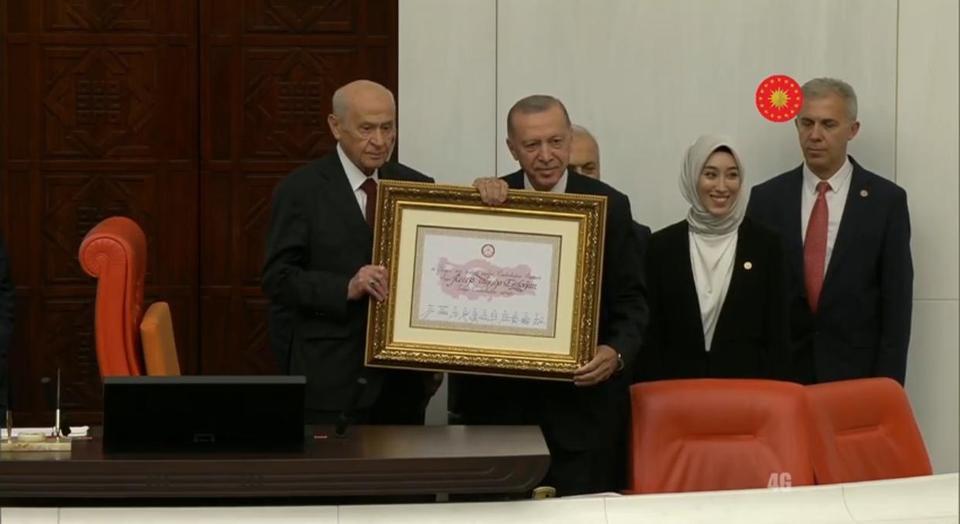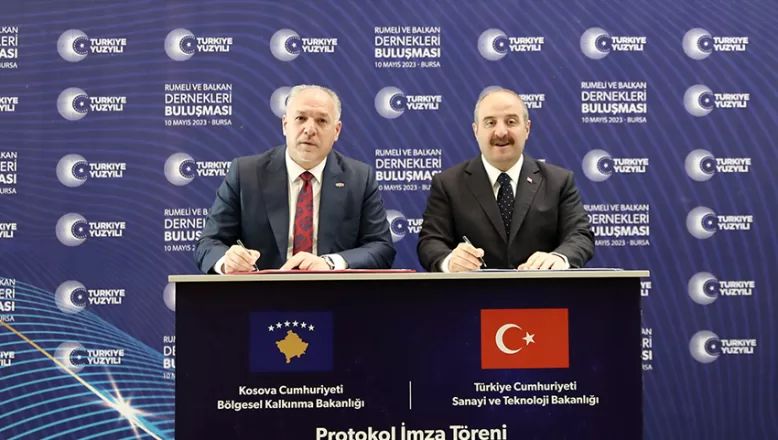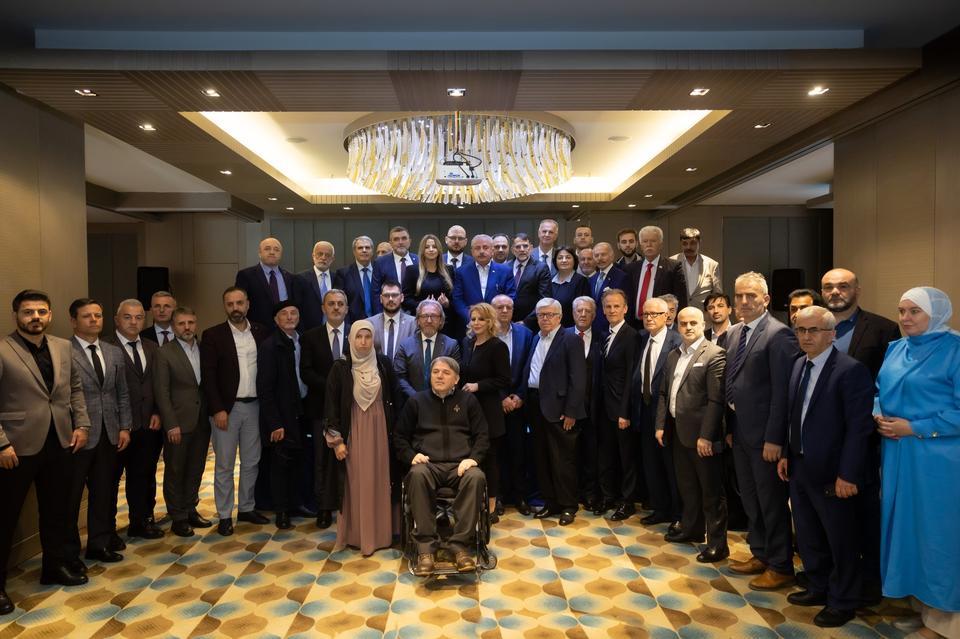Boğaziçi's Microalgae Studies Move into Space
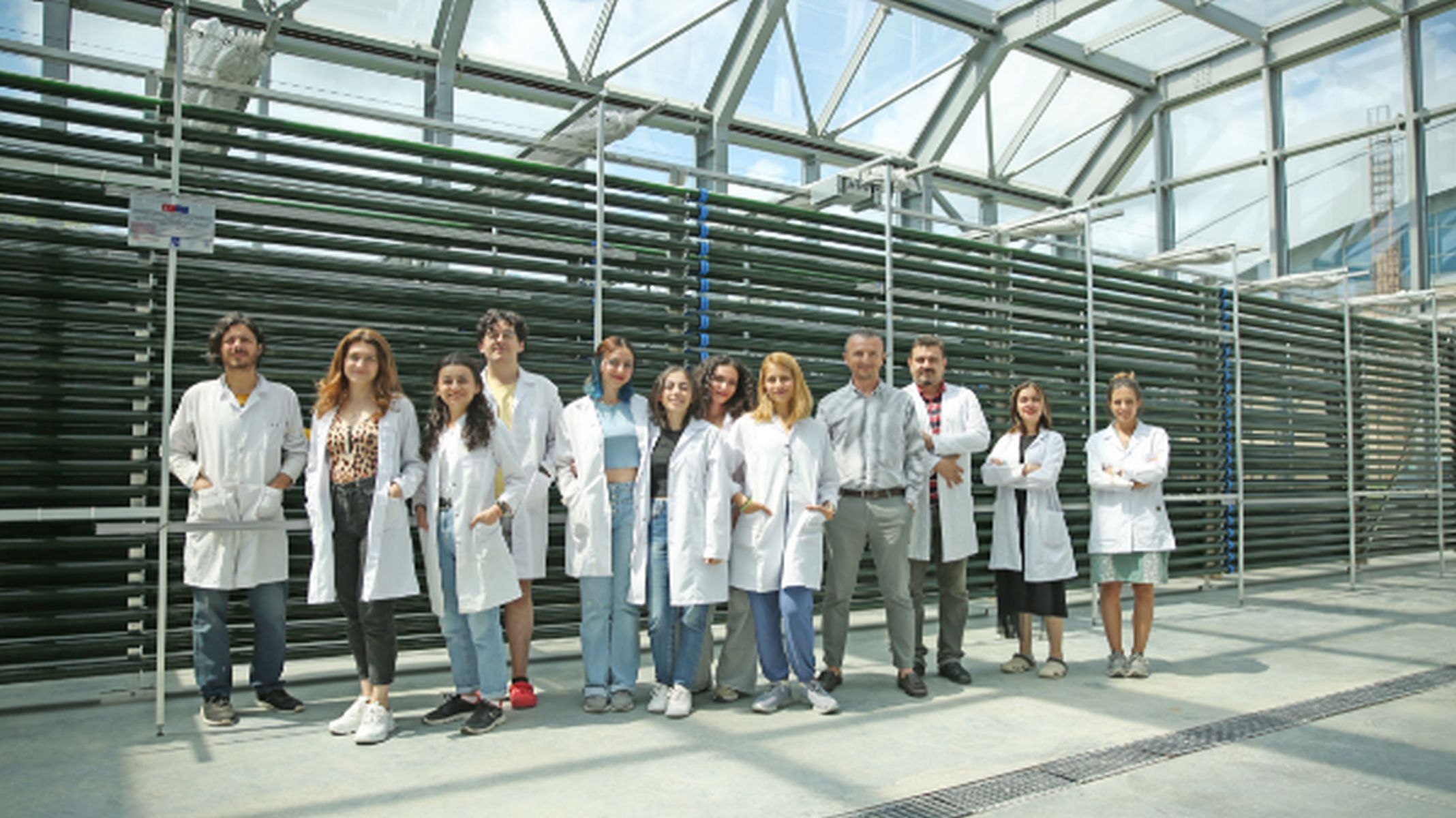
Boğaziçi University Institute of Environmental Sciences. Instructor Member Berat Zeki Haznedaroğlu and his team's microalgae studies were selected as one of the 13 projects to be carried into space by the first Turkish astronauts. Within the scope of the project, the potential of using five different microalgae species as life support units in manned space missions will be tested on the International Space Station (ISS).
Within the framework of Turkey's National Space Program, the "Microalgal Life Support Units for Space Missions" (Expert) project, implemented in partnership with TÜBİTAK Marmara Research Center (MAM) and Istanbul Medeniyet University (IMU), under the direction of Boğaziçi University, is among the 13 studies that will go into space. The use and effectiveness of microalgae in manned space missions to planets or satellites such as the Moon and Mars will be tested at the ISS under the supervision of the first Turkish astronomers Alper Gezeravcı and Tuva Cihangir Atasever.
"METABOLIC CAPABILITIES OF MICROALGAE WILL BE TESTED"
Boğaziçi University Institute of Environmental Sciences. Instructor Member Berat Zeki Haznedaroğlu stated that the project is a first in the world and that the capabilities of the microalgae they developed in the non-gravity environment and their metabolic changes will be analyzed:
"We carry out extensive studies on microalgae at Boğaziçi University Istanbul Microalgae Biotechnologies Research and Development Center (IMBIYOTAB). We have recently launched several pioneering projects such as the Integrated Biorefinery Concept for Bioeconomy Driven Development (INDEPENDENT) with support from the Ministry of Industry and Technology and the European Commission. We are very excited about this new project, which now includes our different stakeholders. Because the UzMAn project has become one of Türkiye's 13 pioneering projects to be carried into space within the framework of the National Space Program. The International Space Station will measure the photosynthetic performance of microalgae species and their ability to absorb and convert carbon dioxide to oxygen at high rates in zero gravity. In the last part of the experiment, metabolic changes in microalgae exposed to microgravity conditions on the ISS for 14 days will be determined using next generation RNA sequencing techniques and compared with the control experimental group to be carried out on Earth."
"INVALUABLE FOR HUMAN MISSIONS TO MARS"
Sharing the information that five different microalgae species will be tested within the scope of the mission, Instructor Member Berat Zeki Haznedaroğlu states that the project is the first of its kind in the world, both nationally and internationally.
The scientist added that microalgae can be used in many critical systems such as food production, wastewater treatment, air purification, bio-mining and 3D biomaterial production in manned space missions planned to be organized to the Moon and Mars, and said, "The project has a pioneering quality for Türkiye and the world. Especially for manned space missions, assessing the performance of microalgae now will provide us with very important data. Microalgae, which are nutritionally high in protein, vitamins and Omega fatty acids, are not only a source of food for the crew, but can also be used to treat wastewater from space stations, as biofertilizers for other seed and plant species, and to support in-cabin air improvement systems. These experiments on the International Space Station in zero gravity are invaluable for determining the advantages that microalgae will provide us in manned missions such as Mars, which are expected to take a long time. We are also proud to be selected as one of the 13 projects to be carried into space by the first Turkish astronauts within the scope of the National Space Program."

